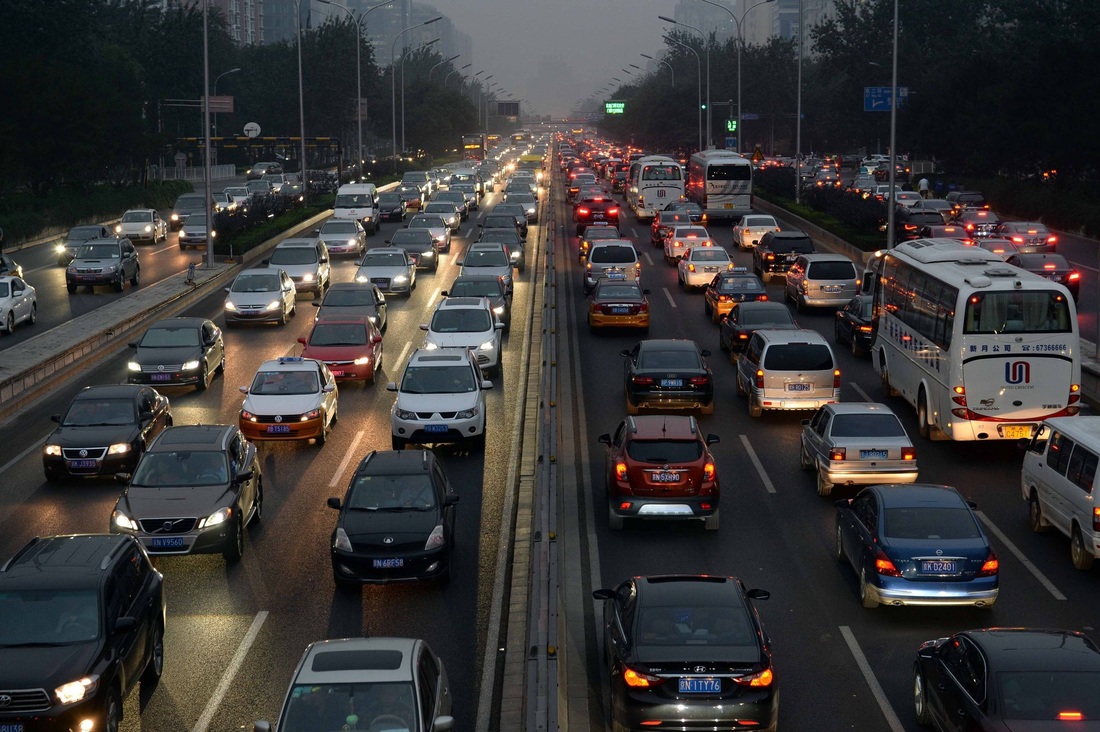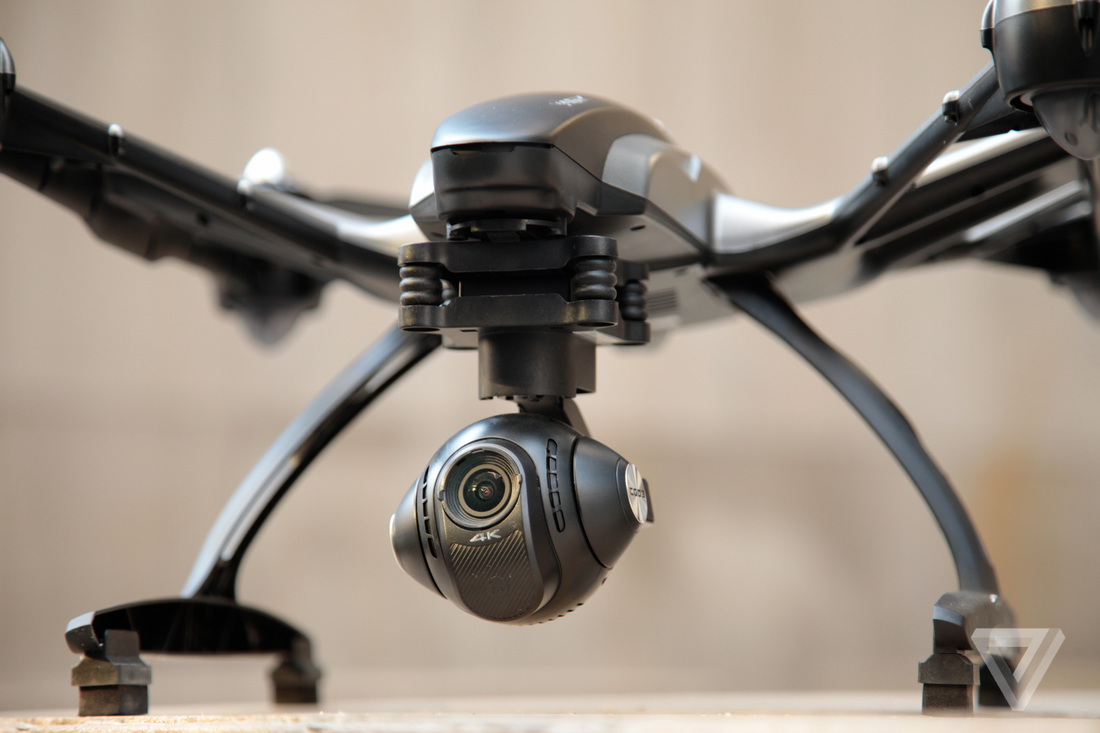If the congestion had been isolated to a single interconnection between one transit and one access ISP, it might have been possible to lay the blame on Netflix or Comcast for allowing things to degrade while they bargained over the price of a direct interconnection. But the M-Lab study found that "these issues cannot be laid at the feet of any one Access ISP, or any one Transit ISP: no Access ISP performs badly to all Transit ISPs, and no Transit ISP performs badly for all Access ISPs. Therefore, if the problem is not at one end, and not at the other, it must be in the middle around the interconnection between the two." As the companies that move our data haggle over who should foot the bill for the exploding amount of internet traffic, our most vital modern utility can become nearly inaccessible to consumers.
OUR MOST VITAL COMMUNICATIONS UTILITY CAN BECOME NEARLY INACCESSIBLE TO CONSUMERS
How can this problem be solved? Netflix would argue that the FCC should expand the definition of net neutrality to cover interconnection, and force the access ISPs to pay for interconnection upgrades to handle consumer’s ever larger demands for internet entertainment. The FCC has signaled it will look into interconnections, but is not likely to place them in the same bucket as net neutrality. The ISPs have argued that Netflix is just looking for a free ride, and that content companies should pay them for a direct interconnect. Netflix has done this, and the performance of its traffic has improved drastically. HBO recently signaled that it believed content companies and ISPs should share the financial burden of upgrading our infrastructure to handle the increased demand of streaming entertainment.
That brings us back to the nuclear option: the FCC using Title II to declare our broadband internet infrastructure a common carrier. That would turn Comcast and Verizon’s infrastructure into dumb pipes shared by all, allowing any company to offer itself up as an access ISP, something which worked well in England and France. And as we’ve reported, this is exactly how Verizon itself described the fiber when it was getting tax breaks and right of way to put it into the ground.
Given the relative timidity of the FCC and the ISPs winning record in court, however, this seems unlikely to happen. Which means for the time being we’re left with a troubling state of affairs, one in which companies haggling over costs is threatening the performance of our most important communication and information utility. As M-Lab concluded in its report, "ISP interconnection has a substantial impact on consumer internet performance --sometimes a severely negative impact -- and that business relationships between ISPs, and not major technical problems, are at the root of the problems we observed."




